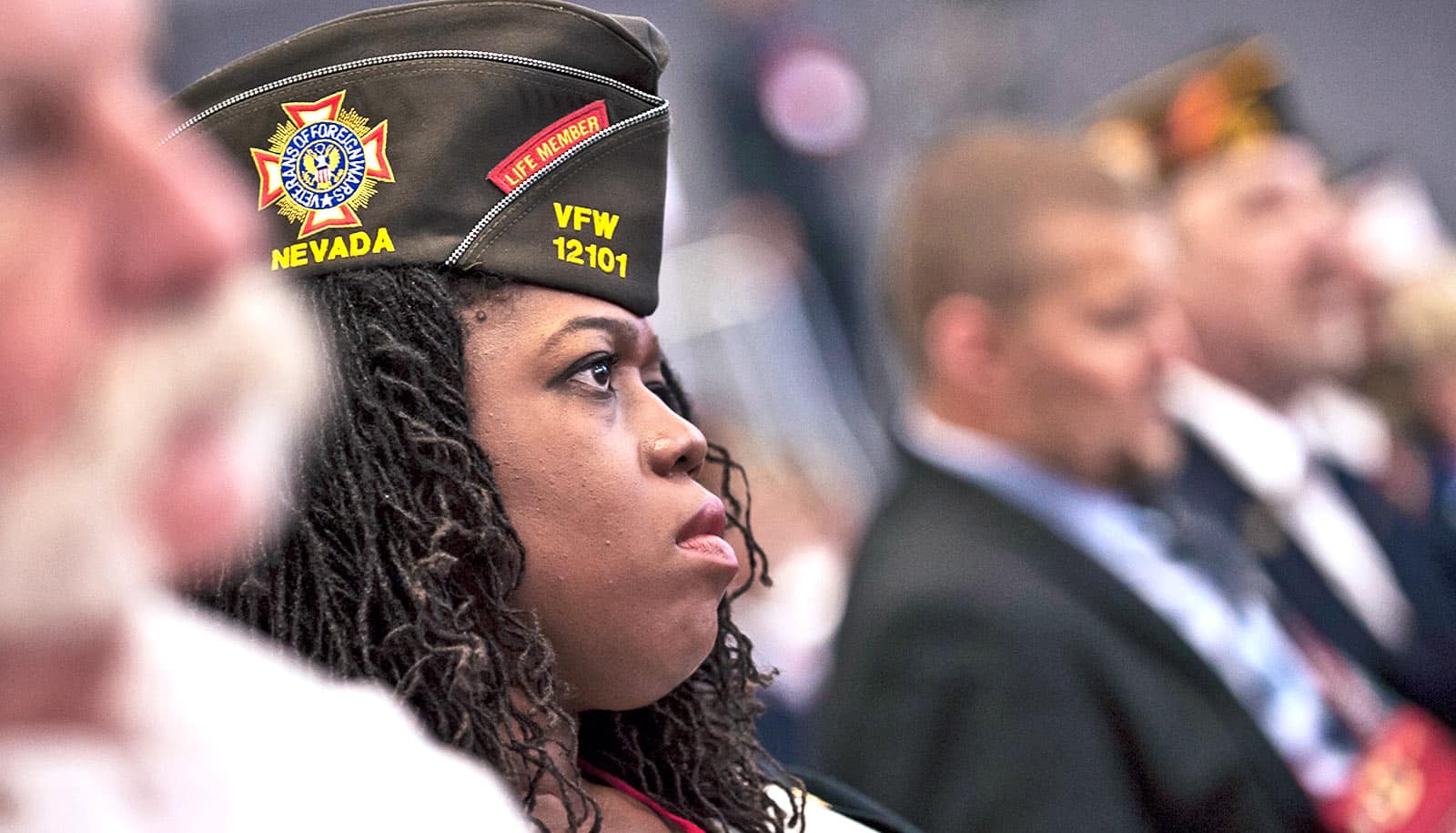The mental health of Black and Hispanic veterans improved when Barack Obama was elected president, according to new research.
For the study, researchers examined nationally representative survey data from the Behavioral Risk Factor Surveillance System to find the number of poor mental health days that Black, Hispanic, and white veterans reported before and after the 2008 election.
While there was no change among white veterans, Black and Hispanic veterans, on average, experienced about two fewer poor days per month after Obama was elected.
“Despite being portrayed as a racially progressive institution, the military has not been an inviting environment for Blacks and Hispanics alike following its integration in 1948,” says Quintin Gorman Jr., a sociology graduate student at Rice University and an Air Force veteran. “Seeing the positive impact of Obama’s 2008 election on the mental health of these veterans is extremely encouraging.”
Highlighting some of the military’s history regarding race, the authors wrote: “At forward operating bases in Vietnam, white soldiers instigated riots by burning crosses and flying Confederate flags from buildings and vehicles after Martin Luther King Jr.’s assassination.
“In addition, white soldiers in Vietnam enforced segregation at off-base establishments. During the Korean and Vietnam wars, Black soldiers experienced more frequent combat-related deaths, conscription rates, and military justice (e.g., courts-martial and nonjudicial punishment).
“More recently, scholars found Black military members experience more frequent military justice and less frequent officer promotions, and struggle to access high-quality health care as veterans,” they add.
The researchers hope the study will spotlight the importance of representation in the military and its impact on mental health. They plan to conduct similar studies about other elections in the future.
Tony Brown, a professor of sociology and director of the Racism and Racial Experiences (RARE) Workgroup, and Julian Culver, a sociology graduate student, are coauthors of the study.
Source: Rice University


